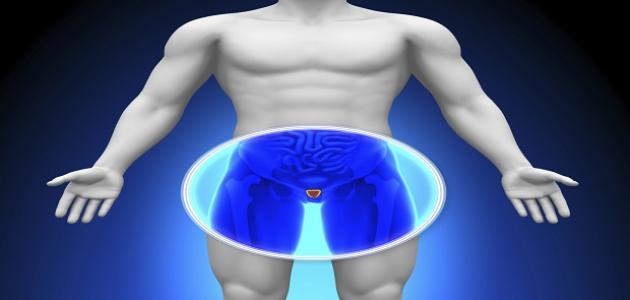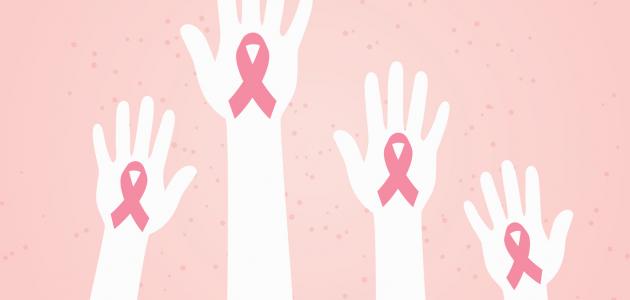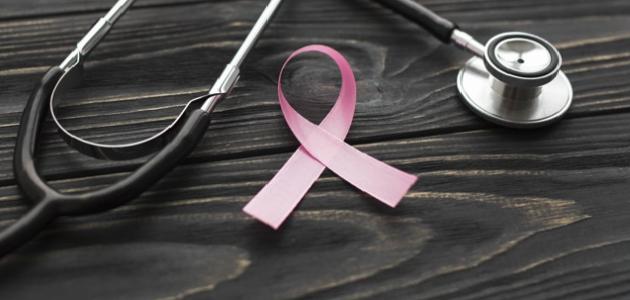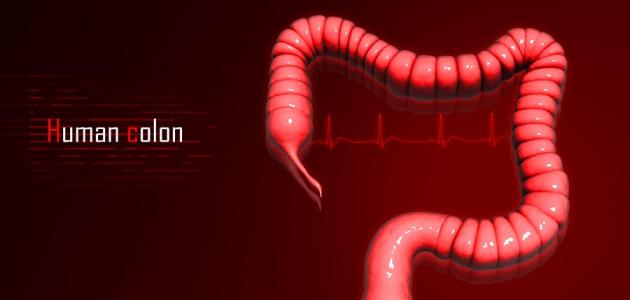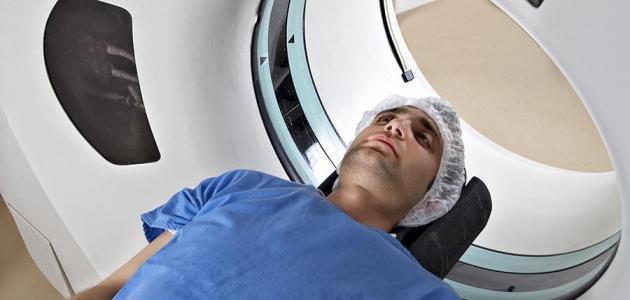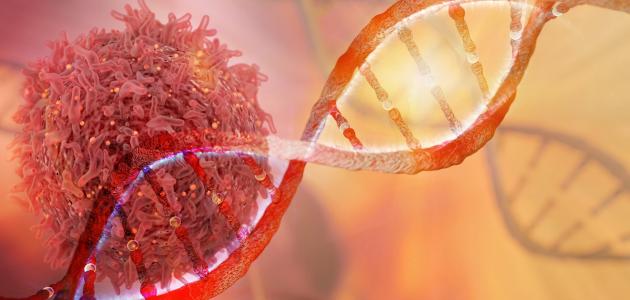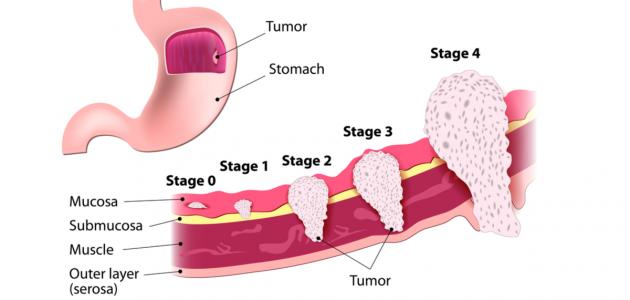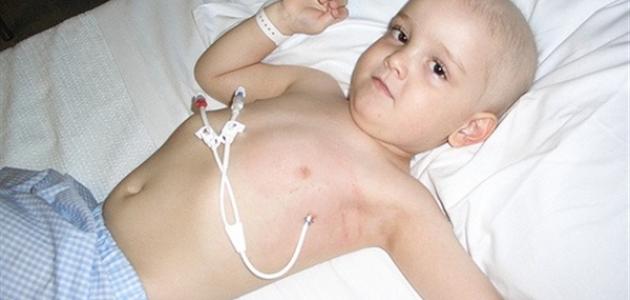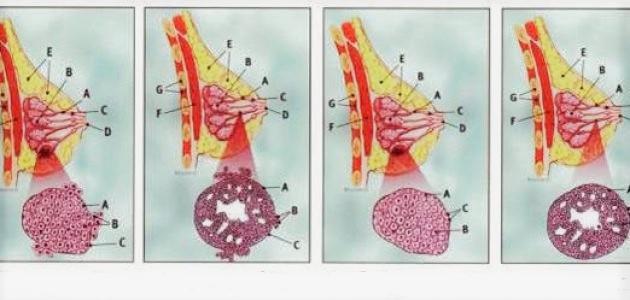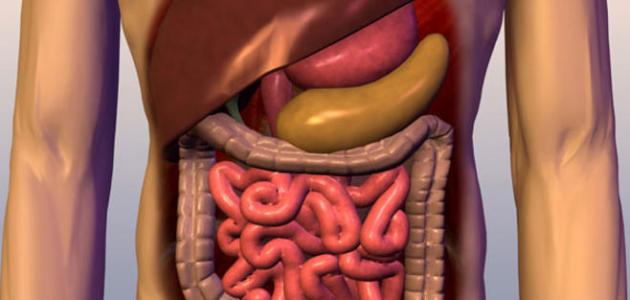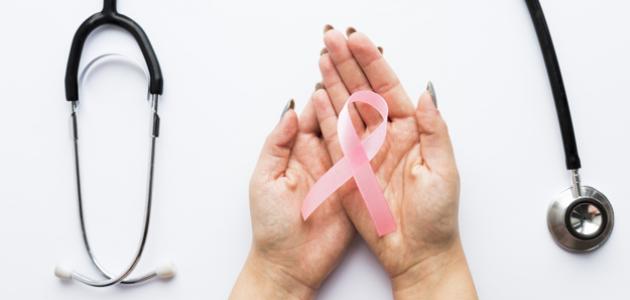Contents
Prostate cancer
The prostate is defined as a gland and a muscle in males located directly below the bladder, and in front of the inner wall of the rectum, and the prostate consists of real prostate tissue and a more solid fibrous material on the outer side, which is called the prostate membrane, and cancer can affect the prostate gland due to many reasons, which we will know In this article, some of the factors resulting from it are mentioned, in addition to a group of treatments to get rid of it
Causes of prostate cancer
- Age: People over the age of fifty have an increased risk of prostate cancer.
- Genetic factors: If one of the family members had cancer, such as: a father or brother, this would increase the likelihood of developing it.
- Hormone imbalance: Testosterone is the factor that plays a major role in prostate cell proliferation, as without it, cancer cannot arise and spread.
- Eating a diet containing fats: A diet that contains a large proportion of fats, and is devoid of vegetables and fruits, will increase the incidence of prostate cancer.
Prostate cancer complications
- Severe difficulty urinating.
- Urine coming out, then it stopped more than once during the process of urination.
- The presence of blood in the urine in addition to the presence of it in the semen.
- Swelling of the legs.
- Feeling unable to sit and comfortably in the pelvis.
- Feeling of severe pain in the bones, and the appearance of large fractures in them.
- Constant pressure on the spine.
- Intense fear and anxiety.
- Depression throughout the day.
- The cancer has spread widely to other areas of the body.
- Erectile dysfunction, complete impotence in a sexual relationship.
- Feeling of burning in the urine.
- Feeling severe pain in all areas of the body such as: shoulders, legs, abdomen, and back.
Prostate cancer treatment
- Chemotherapy: It is a treatment with drugs that slow down the proliferation and proliferation of cells, or stop them completely, as this treatment affects cells that multiply quickly.
- Hormonal therapy: It is a group of drugs that help significantly to reduce the level of male hormones, and it is resorted to in advanced localized cases, or in widespread cases of prostate cancer.
- ' Surgical treatment: which is through surgical procedures and the removal of the tumor from the prostate, and the removal of the normal tissue surrounding it, in order to reduce the possibility of cancer relapse.
- Radiation therapy: By directing high-energy x-rays to the affected organ, as it leads to damage to cancer cells, and thus eliminating them, and radiotherapy contributes to preventing cancer cells from spreading.
